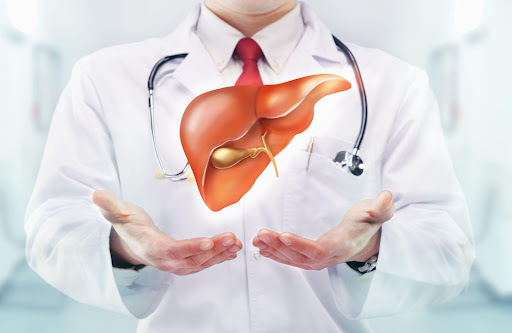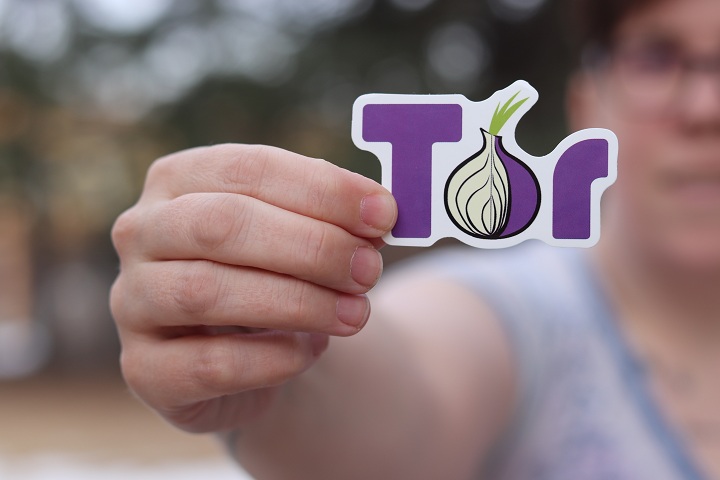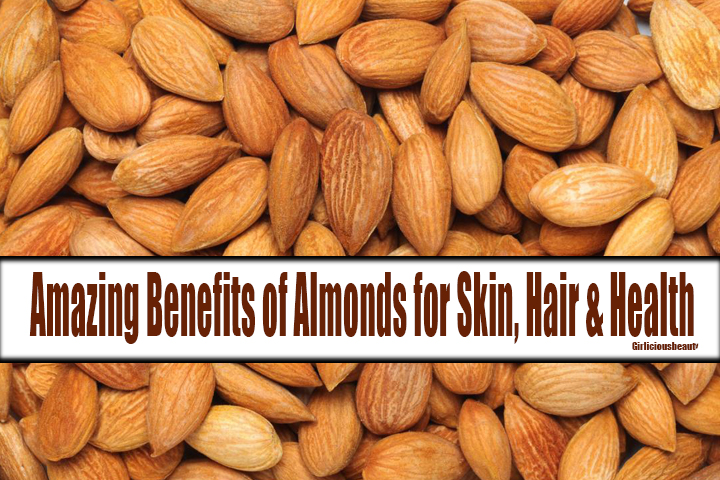Fatty liver (or fatty liver disease) is characterized by an accumulation of fats (triglycerides) within the liver cells. It represents a dangerous pitfall for health, as it compromises the structure and functionality of this fundamental organ. However, its relevance is often overlooked and underestimated. Liver steatosis, on the other hand, is an important health problem in the world, as it is estimated that it has a prevalence of about 20-30% in the adult population and its progression can lead to steatohepatitis, characterized by inflammation and liver damage.
What can be done to prevent or remedy it?
Decades of studies have now confirmed that correcting one’s lifestyle is a well-founded and effective choice for the treatment of fatty liver disease.
In particular, nutritional-based therapies for patients with hepatic steatosis aim to manage excess weight, improve glycemia and lipid alteration control, as well as reduce the greater cardiovascular risk. It has been observed that when the action of insulin does not work well, there is a higher risk of accumulating fat in the liver.
Generally, those with fatty liver disease have an unbalanced, high-calorie food lifestyle, with a high content of both proteins, especially from animal sources (e.g. red meat), and fats. It should be noted that fats are not all the same and their unbalanced or excessive intake can favor the deposit of triglyceride molecules in the liver.
On the other hand, a balanced consumption of monounsaturated and polyunsaturated fats shows protective properties for the liver. More specifically, polyunsaturated fats activate the genes involved in fat oxidation and appear effective in normalizing liver transaminases. Often those suffering from fatty liver also show a lower cellular content of polyunsaturated fats and a ratio of omega-6 and -3 somewhat unbalanced.
For the most effective fatty liver treatment, it is best to consult a medical expert at the earliest. Here are some hospitals that offer excellent treatment and guidance for fatty liver disease:
Manipal Hospitals, New Delhi – They provide a holistic approach where they encourage their patients to make changes in their lifestyle, which include having a healthy diet and regular exercise. Their team under the supervision of Dr. Avinash Seth offers excellent treatment with long-lasting benefits.
Gini Health, Mohali – They have a brilliant fatty liver management programme, which focuses on changing the lifestyle along with having the right medication to gradually bring down the amount of fats stored in the liver. A distinguished team of doctors will oversee the entire process and guide patients regarding the right diet and exercises for a healthy liver.
Healing Hospital, Chandigarh – They are one of the top hospitals for the treatment of fatty liver. Under the team of Dr. Sandeep Pal, they offer a comprehensive solution to NAFLD as well as NASH, with the help of advanced technology and lifestyle changes.
Fortis Hospital, Kangra – They have a dedicated team of specialists to advise on different aspects related to the treatment of fatty liver. They carry out an in-depth assessment of each patient’s condition to devise a solid treatment plan that ensures the best and long-lasting results.
Although each individual is different and needs a customized treatment plan including a diet chart, here are few foods that normally people suffering from fatty liver are encouraged to eat:
- Coffee – To lower all the abnormal liver enzymes
- Green vegetables – To prevent the buildup of fat in the liver
- Beans & Soy – To lower the risk of NAFLD
- Garlic – To improve the overall health
- Fish – To reduce fat levels and inflammation
- Oats – For adding fiber to your diet
- Sunflower seeds – For antioxidants
- Turmeric – To reduce the markers of liver damage
Foods to avoid:
- Alcohol
- Fried Food
- Added Sugar
- Added Salt
- Rice, Pasta & White Bread
- Red Meat
Nutritional therapies are effective in reducing fat accumulation, inflammation, and fibrosis in the liver, as well as improving hepatic and muscle sensitivity to insulin action, even in those whose blood sugar is in the normal range.
It should be remembered that nutrition brings benefits that go beyond weight management, and this is both in normal weight subjects and in those with obesity.
Before concluding, it is appropriate to mention the importance of physical-motor activity, which has been shown to reduce the risk of diabetes (-35%) and cardiovascular disease (-49%) in subjects with fatty liver disease. Both aerobic (e.g., jogging, swimming, cycling) and anaerobic (e.g., weightlifting) activities are effective in reducing abdominal fat and triglycerides in the liver. In fact, nutrition and healthy physical activity lead to substantial improvements in the histological parameters of the liver. And all of this happens regardless of weight loss. Now that you know how to treat fatty liver naturally, you should bring changes to your lifestyle and bid adieu to this disease.






